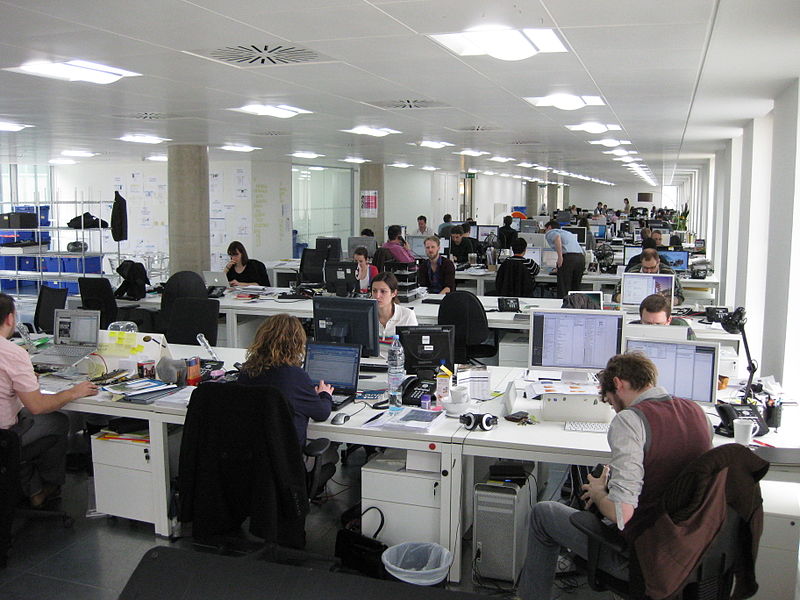
The UK’s unemployment rate has unexpectedly increased, while the number of workers on company payrolls has fallen to its lowest level since the height of the pandemic, according to the
latest figures from the Office for National Statistics (ONS).
Data shows that the unemployment rate rose to 4.4% in the three months to November, up from 4.3% in the previous three-month period ending in October.
In December, the number of payrolled employees dropped by 47,000 to a total of 30.3 million, marking the largest decline since November 2020. This follows a revised fall of 32,000 in November.
Meanwhile, wage growth has shown resilience. Average regular pay surged by 5.6% in the three months to November, outpacing the Consumer Prices Index (CPI) inflation rate by 3.4%.
Mixed signals for the labor market
Liz McKeown, the ONS director of economic statistics, highlighted contrasting trends in the labor market.
“Pay growth picked up for the second consecutive period, driven primarily by strong increases in the private sector,” McKeown said. “Real pay growth, which adjusts for inflation, also saw a slight increase.”
However, she noted that employment numbers were under pressure: “The number of employees on payroll, as derived from tax data, decreased in the three months to November.”
Additionally, the number of job vacancies dropped for the 30th consecutive period, falling by 24,000 in the three months to December to a total of 812,000, though the vacancy level remains slightly above pre-pandemic figures.
Business concerns amid rising costs
The British Chambers of Commerce (BCC) has raised concerns about the growing pressures on businesses as they grapple with increasing employment costs and recruitment challenges.
Jane Gratton, deputy director of public policy at the BCC, warned, “The labor market remains difficult for many businesses, with wage growth continuing to rise as companies compete for skilled workers. This is particularly worrying as firms face significant employment cost increases in April.”
Gratton acknowledged a slight easing in the market, citing rising unemployment, declining vacancies, and reduced economic inactivity. However, she added, “The full impact of changes to national insurance and the minimum wage announced in the Budget may not be felt until later in the year. Yet, warning signs in recruitment, employment, and training are already flashing.” Photo by Phil Whitehouse, Wikimedia commons.



































